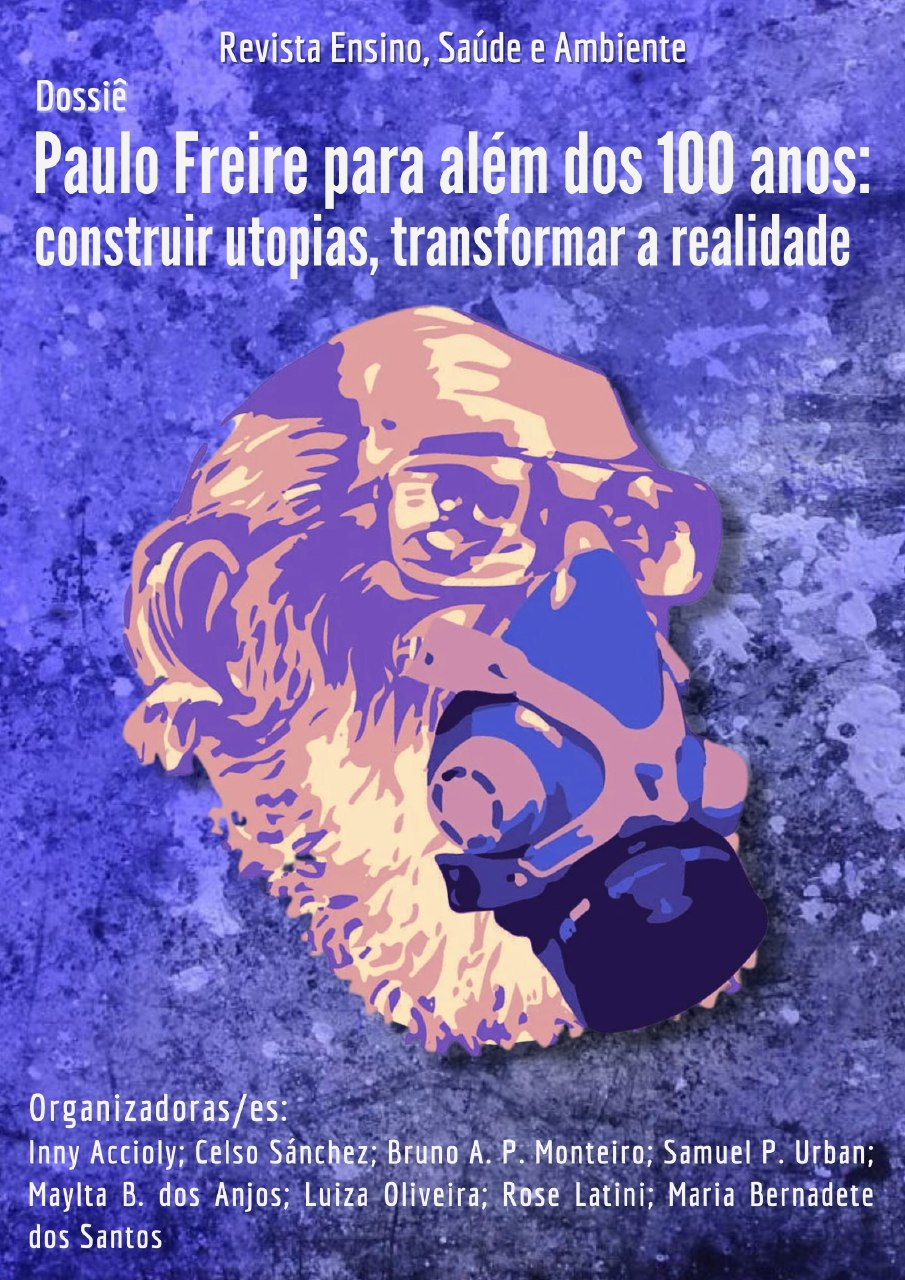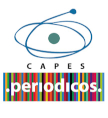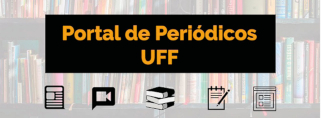Reading Paulo Freire’s Pedagogy of the Oppressed
Why did it feel empowering to me
DOI:
https://doi.org/10.22409/resa2021.v14iesp..a52497Palavras-chave:
liberation, oppression, auto-ethnography, Pedagogy of the Oppressed, empowermentResumo
Celebrating the work of Paulo Freire for his healing influence, this paper gives an auto-ethnographic account of the author’s personal, pedagogical and political liberation process reading Paulo Freire’s Pedagogy of the Oppressed. Raised in a conservative patriarchal middle-class atmosphere in central Turkey, the author analyzes her own story of liberation as a woman, as a young scholar, as non-native English-speaking language educator and a citizen of a democratic republic. The author describes how she realized her own subjugation by reading Freire (2005) at a time of personal and political crisis and how she tried hard to find her personal voice. She also depicts the impact of the book on her pedagogy, on her relationships with students and on her liberatory praxis. Finally, the author tells how she transformed her understanding of the dynamics of social transformation reading Freire’s dialogic, problem-posing pedagogy of the oppressed.
Downloads
Referências
ALICA, Z. & TEZGIDEN-CAKCAK, Y. (forthcoming). Grounding critical educators’ lives on solidarity, community and friendship. In F. Mızıkacı & E. Ata [Eds.] Critical Pedagogy and the Covid-19 Pandemic. Bloomsbury.
BRAINE, G. Nonnative speaker English teachers: Research, pedagogy, and professional growth. Routledge, 2010.
CANAGARAJAH, A. S. Teacher development in a global profession: An autoethnography. TESOL Quarterly, 46, 258–279, 2012. https://doi.org/10.1002/tesq.18
ELDEMIR, P., & YILMAZ, T. Duygudaşlıktan yoldaşlığa: İşte bu bizim hikâyemiz. Feminist Tahayyül, 2(1): 38-65. http://www.feministtahayyul.com/?page_id=1674
ELLSWORTH, E. Why doesn't this feel empowering? Working through the repressive myths of critical pedagogy. Harvard educational review, 59(3), 297-325, 1989.
https://doi.org/10.17763/haer.59.3.058342114k266250
FREİRE, P. Pedagogy of freedom, ethics, democracy, and civic courage. Rowman & Littlefield Publishers, 2001.
FREIRE, P. The pedagogy of the oppressed. Herder and Herder, 2005.
FREIRE, P., & MACEDO, D. Literacy: Reading the word and the world. Routledge, 2005.
FREIRE, P., MACEDO, D., KOIKE, D., OLIVEIRA, A., & FREIRE, A. M. A. Teachers as cultural workers: Letters to those who dare teach. Routledge, 2018.
HOLLIDAY, A. R. The struggle to teach English as an international language. Oxford University Press, 2005.
MIZIKACI, F., SENESE, G., TEZGIDEN CAKCAK, Y. & GORMAN, S. (Eds.) A Language of Freedom and Teacher's Authority Case Comparisons from Turkey and the United States. Lanham, Maryland: Lexington Books, 2017.
PENNYCOOK, A. Critical pedagogy and second language education. System 18(3), 303-314, 1990 https://doi.org/10.1016/0346-251X(90)90003-N
ROSE, H., & GALLOWAY, N. Global Englishes for language teaching. Cambridge University Press, 2019.
Tezgiden-Cakcak, Y. A Liberatory pedagogy for non-native teachers of English. Ankara University Journal of Faculty of Educational Science, 51(3), 193-211, 2018. https://doi.org/10.30964/auebfd
TEZGIDEN-CAKCAK, Y. A New Trend in Turkey’s EFL Market: Pseudo-Native-Speakerism. NNEST Newsletter November 2019a. http://newsmanager.commpartners.com/tesolnnest/issues/2019-11-07/email.html
TEZGIDEN-CAKCAK, Y. Moving beyond technicism in English-language teacher education a case study from Turkey. Lexington Books, 2019b.
YAZAN, B., CANAGARAJAH, S., & JAIN, R. (Eds.). Autoethnographies in ELT: Transnational identities, pedagogies, and practices. Routledge, 2020.
YAZAN, B. An autoethnography of a language teacher educator wrestling with ideologies and identity positions. Teacher Education Quarterly, 46(3), 34-56, 2019. https://www.jstor.org/stable/26746049
Downloads
Publicado
Edição
Seção
Licença
Copyright (c) 2021 Yasemin Tezgiden Cakcak

Este trabalho está licenciado sob uma licença Creative Commons Attribution 4.0 International License.
Os autores que publicam nesta Revista concordam com os seguintes termos:
1. Autores mantém os direitos autorais e concedem à revista o direito da primeira publicação.
2. Autores têm autorização para assumir contratos adicionais separadamente, para distribuição não-exclusiva da versão do trabalho publicado nesta revista (ex.: publicar em repositório institucional ou como capítulo de livro), com reconhecimento de autoria e da publicação inicial nesta revista.







